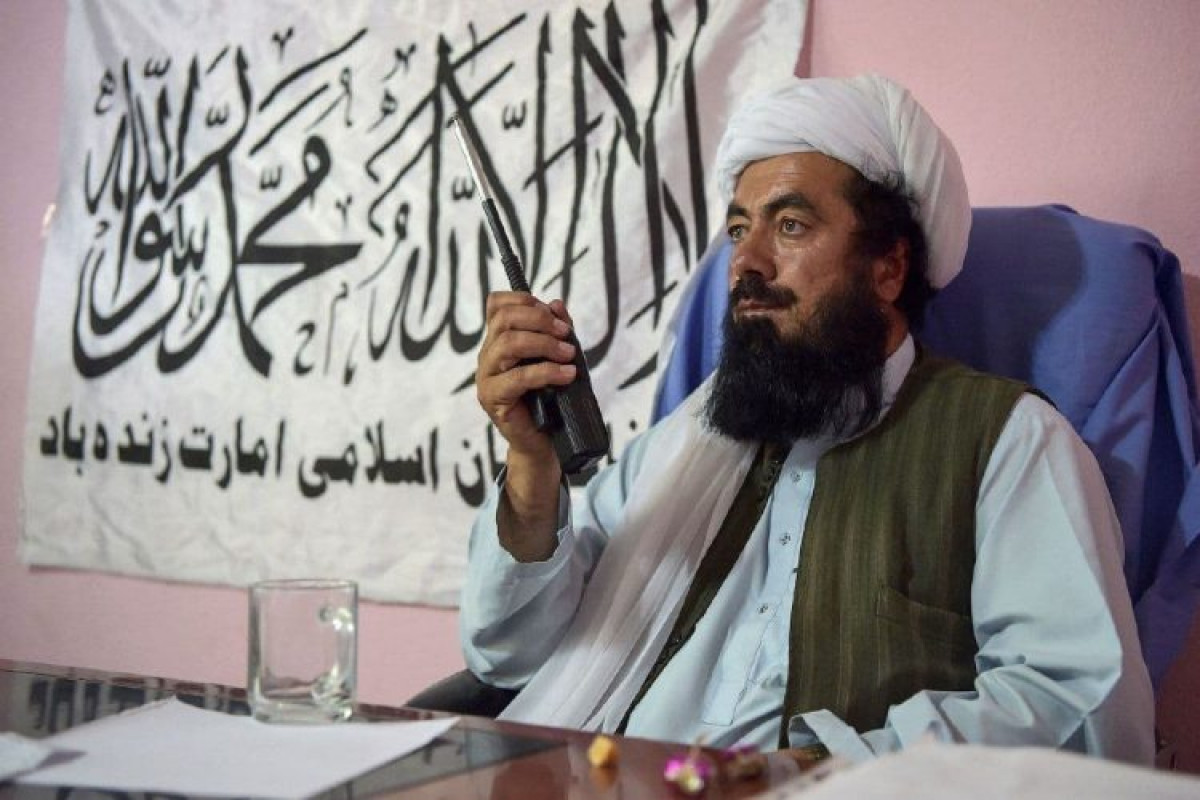 78
78
Afghanistan has been contested by all colonial powers due to its geographic position throughout history, beginning with the nineteenth-century “Great Game” between Russia and Great Britain, to the Cold War confrontations in the 1980s between the United States and Russia. The 9/11 terrorist attacks provided the US administration with the perfect pretext for invading Afghanistan and installing a puppet regime to replace the Taliban. Since the 2001 US invasion, the Afghan government has been entirely dependent on American assistance to maintain control over the war-ravaged country. The majority of Afghan people loathe their pro-American administration in Kabul due to rampant state corruption, a failure to administer justice, the inability to maintain security, and the absolute absence of basic services. Many scholars, intellectuals, and policymakers have pondered how to create a broad-based Afghan government, but most observers believe that Afghanistan is a failed state doomed to spread turmoil and instability to the rest of the globe. Today, Afghans are engulfed in many sociopolitical conflicts, which may transform the impoverished country into a hotbed of an international threat. As a result of the Afghan government’s weakness, the Taliban maintained their efforts to create the Islamic Emirate of Afghanistan, and they ultimately gained control over significant parts of the country. Furthermore, the Taliban seems to be a more reliable choice than corrupt Afghan police and state officials in Pashtun-populated areas and beyond. As Taliban forces rapidly advance across Afghanistan, Iran and Russia, both of which have long sought regional peace and security, are attempting to calm the situation in Afghanistan by mediating between the various political parties involved in the ongoing crisis and laying the groundwork for long-term peace and stability. If Afghanistan’s catastrophic disintegration continues, the nation may cease to exist in a generation, which would have serious repercussions for Moscow, since Afghanistan borders Central Asian republics that serve as a connection between Russia and the rest of the globe. China, too, wants to strengthen ties with the Afghan government while maintaining its long-standing relationship with the Taliban. Aside from the drug trafficking crisis, Afghanistan’s split and the prospect of a breakaway Uzbek state in northern Afghanistan will have ramifications for China’s volatile Xinjiang province. However, Western countries, particularly the United States, seek greater instability and instability in Afghanistan. Thus, Afghans from all walks of life must be more vigilant vis-à-vis Washington’s attempts to impose a pernicious scenario on Afghanistan. Meanwhile, the international community’s dismal silence demonstrates that Afghanistan is crumbling under the US and Zionist schemes. Hence, the Afghan nation must take courageous steps to stabilize the situation as it becomes evident that the Afghan government is an excellent illustration of a failed state.
Comment
Post a comment for this article